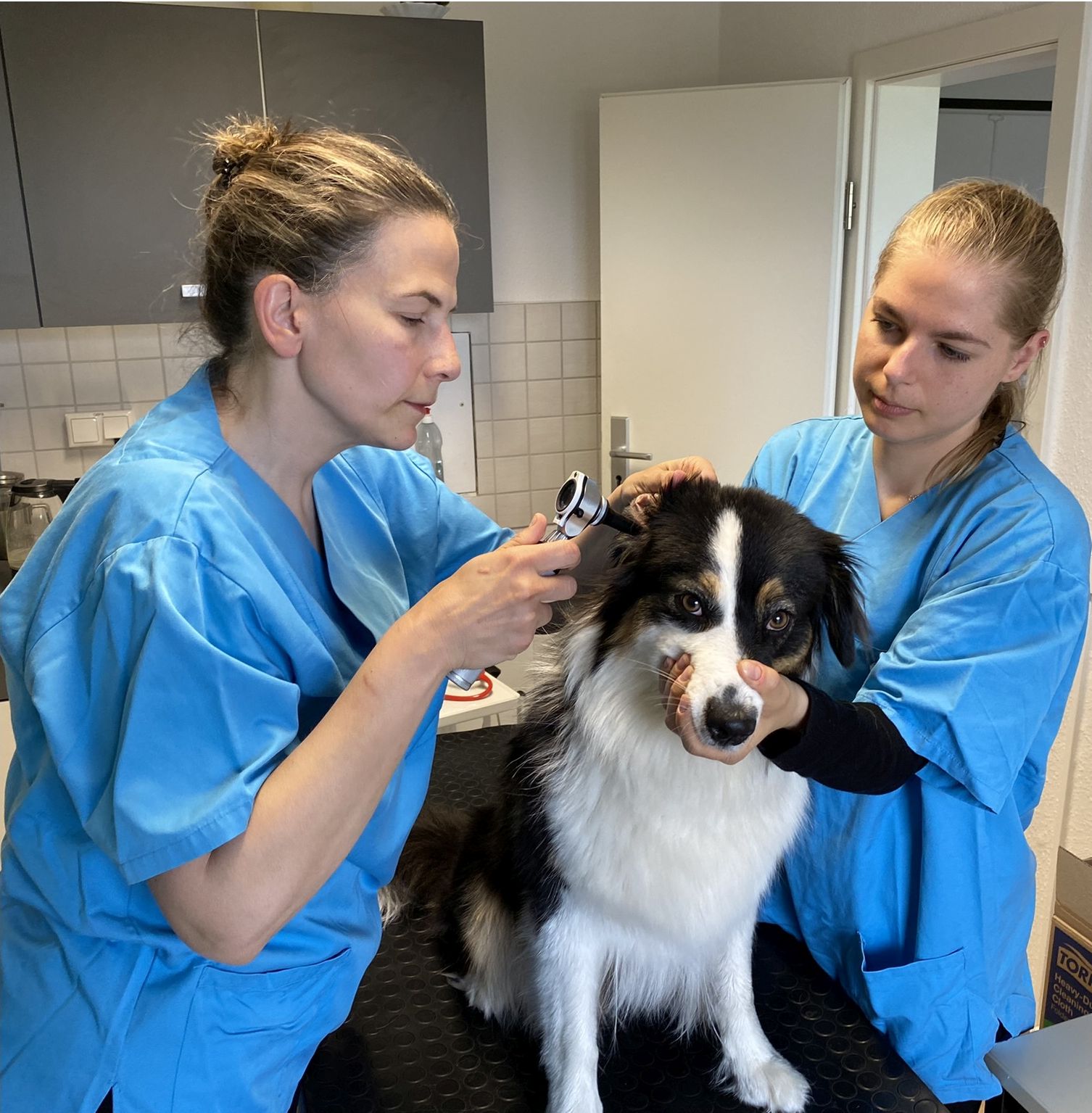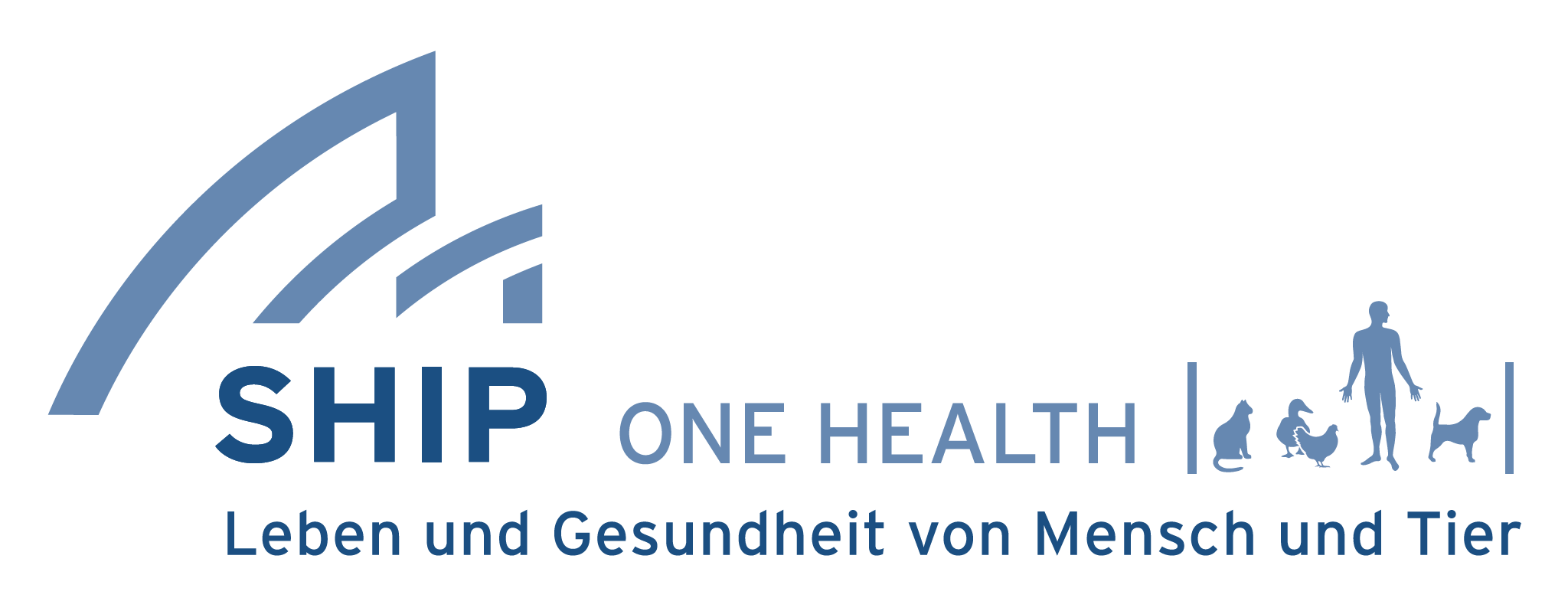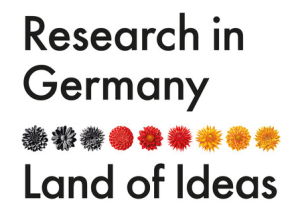Prof. Fabian Leendertz at the One Health Founding Ceremony:
"Human health cannot be viewed in isolation."
News


Contact
University Medicine Greifswald
Institute for Community Medicine
Department SHIP/Klinisch-Epidemiologische Forschung
Head: Prof. Dr. med. Henry Völzke
Walther-Rathenau-Straße 48
17475 Greifswald
T +49 3834 86-75 41 und -75 36
E ship-next-oh@uni-greifswald.de
ship.community-medicine.de
www.facebook.com/SHIP.UnimedizinGreifswald
Head of Marketing and Communication
Christian Arns
T +49 3834 86-52 28
E christian.arns@med.uni-greifswald.de
Presseanfragen SHIP: 0381-25 28 761
E steinke@steinke-hauptmann.de
www.medizin.uni-greifswald.de
www.facebook.com/UnimedizinGreifswald
Instagram/Twitter @UMGreifswald
Great interest among animal owners - 200 pets and farm animals studied in the first year of SHIP-NEXT One Health.
This was new territory for the third population-based cohort (SHIP-NEXT) within the world's most comprehensive long-term study SHIP (Study of Health in Pomerania/Leben und Gesundheit in Vorpommern) in the districts of Pomerania-Rügen and Pomerania -Greifswald, which was launched a year ago. In addition to many other new examinations, the most important pets and farm animals of the participants are included in SHIP for the first time. How is the dog, cat or chicken doing and what effects does individual animal husbandry have on human health? The project runs in cooperation with the Federal Research Institute for Animal Health, the Friedrich Loeffler Institute on the island of Riems (MV).
For the first time, dogs, cats, poultry and pigeons, as well as the coexistence of humans and animals, have been included in the One Health supplementary research module for a year. "So far, we have been able to examine 200 animals from 100 participants in the SHIP-Next study. Cats and dogs were the most frequently examined animal species," reported SHIP-NEXT One Health project coordinator Dr Julia Rüdebusch. "Furthermore, some chickens, ducks and quails as well as pigeons could be checked for their well-being." The sample collection takes place at institutes of the University Medicine Greifswald and the Friedrich-Loeffler-Institute on the island of Riems.
Second veterinarian strengthens the investigation team
What influence does animal husbandry have on the physical and mental health of humans? To what extent can the conditions under which animals are kept and fed reduce the risk of transmission of infectious agents? These central questions in the context of One Health require a comprehensive database. For this purpose, the animals of the study participants, if available, will be examined by qualified veterinarians in their home environment. In addition, swabs and blood samples are taken from the animals. In addition to determining the general state of health, this allows laboratory diagnostics of various pathogens that may also have significance for humans.
These examinations are supplemented by animal-specific questionnaires and an on-site interview. The duration of all on-site assessments is about two hours for one dog or cat and about 30 minutes for each additional animal. For poultry or pigeon keepers, the effort depends on the flock size and the husbandry type. There, animals are randomly selected according to the size of the flock.
"Of course, the corona pandemic has also slowed us down considerably," says Dr Julia Rüdebusch. "However, after the summer holidays we will be able to offer a wider range of appointments for the participants, as we will be supported by an additional veterinarian from September."
What is the response like among the subjects with pets?
Almost 38 percent of all randomly selected study participants keep at least one animal of the species studied (cats, dogs, poultry). "The topic of the study and the interaction between humans and animals in the domestic community has been met with strong interest among the SHIP participants," said study veterinarian Dr Susan Mouchantat. "The encouraging response makes our work much easier, as there are several questionnaires, interviews and examinations to complete. So far, the focus for the animal owners has been less on the risks of keeping animals, such as infections with animal pathogens. They were more concerned with animal health and welfare, how this can be promoted and in what ways animals have a positive impact on health." The research had also shown that there is a strong need for education about vaccinations, parasitic infections and deworming of their pets and that many have only become aware again of the importance of a possible regular visit to the vet as a result of the study.
"The participants also see clear benefits from joining the study. Since it is a study in which sample material as well as data are collected, no diagnostics are carried out on the animal. However, they receive a free, comprehensive examination of their pet including a report, blood count and possible pathogen detection," said Dr Susan Mouchantat, "as well as direct feedback in case of abnormal findings and, if necessary, a recommendation to visit a veterinary practice."
The veterinarian pointed out that only personally contacted and invited test persons can participate in the study with their animals.
Background One Health
The idea of One Health is to look at human health not in isolation, but together with animal health and the environment. The data collected in SHIP is intended to provide concrete information on the importance of animals and their husbandry for human health. The growing importance of this interdisciplinary research approach is also evident with the founding of the Helmholtz Institute for One Health (HIOH) in Greifswald on 26 April 2022.
Background: With SHIP-NEXT, a new purely randomly selected population group with 4,000 persons aged 20 to 79 years has been formed in May 2021. This is now the third baseline group in the SHIP project with again several follow-up studies. The study with a funding volume of 8.8 million euros has a duration of four years. The SHIP health study is an epidemiological research project of the University Medical Centre Greifswald under the direction of Prof. Dr. Henry Völzke from the Institute for Community Medicine.
(Further information in the PI of 6 May 2021 at https://idw-online.de/de/news768241)


